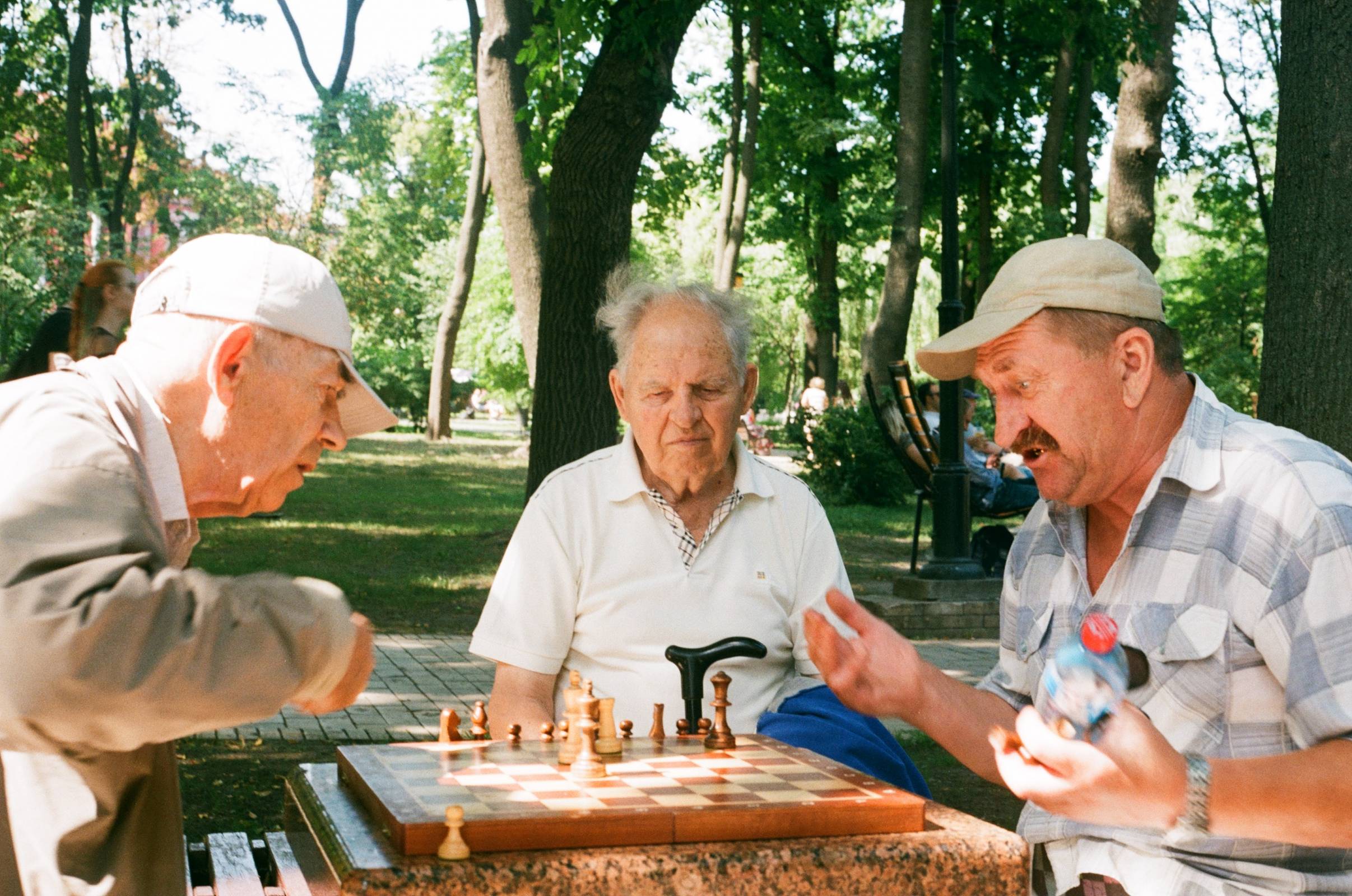Vitagerpavac Herpesvirus Vaccine
Vitagerpavac Herpesvirus Vaccine Description
Vitagerpavac is a multivalent vaccine for treating chronic herpesvirus infection (HCV) of types I and II. Vitagerpavac is a dry, inactivated herpes simplex virus (HSV) culture vaccine that has been obtained by using the Vero B continuous cell line as a substrate for the accumulation of herpes simplex virus types 1 (US strain) and 2 (VN strain).
The vaccine stimulates body mechanisms of cellular resistance to herpes simplex virus type 1 and type 2. The tolerability and therapeutic effectiveness of the vaccine were tested in patients diagnosed as having chronic, frequently recurring herpes.
The clinical trials have yielded positive results that suggest it is expedient to introduce the new Vitagerpavac into practice to treat chronic recurrent herpetic infection of various localizations.
The vaccine was developed at the Research Institute of Virology. DI. Ivanovsky RAMS and has been used in the Russian Federation for over 15 years. Approved by the Ministry of Health in the form of guidelines of the Russian Federation MR 3.3.1.0002-10 "Immunization with the" Vitagerpavac "vaccine. ATX code: J07BX
JSC "FIRM" VITAFARMA ", 125124, Moscow, 1st street Yamskogo Polya ST. 17, building 15. TEL: (499) 257-10-90
Vitagerpavac Herpesvirus Vaccine Indication
This Russian vaccine is indicated to prevent the chronic herpes virus infection of HSV1 and HSV2. It is indicated for patients with a chronic herpes infection in remission.
Contraindications for vaccination: active herpes infection (relapse), acute infectious and non-infectious diseases, chronic diseases in the acute stage, malignant neoplasms, pregnancy, and the presence of active symptoms of AIDS.
Vitagerpavac Herpesvirus Vaccine Dosage
The vaccination course includes 5 injections carried out at intervals of 7-10 days between injections.
Vaccination is carried out in a medical institution under the supervision of medical staff. The vaccine is used during the remission stage, including ophthalmic herpes, not earlier than 10 days after the complete disappearance of the clinical manifestations of herpes infection. The vaccination course consists of 5 injections with an interval of 7 days, revaccination (repeated administration according to the same course of treatment) - after 6 months.
If, after the 1st or subsequent injections, herpetic infection reoccurs, this means a case of pronounced immunosuppression. In such cases, vaccination should be temporarily discontinued, and anti-viral agents containing recombinant alpha-2 interferon (Genferon 500 000 IU suppositories) should be used to suppress the reoccurrence of herpes, 1 suppository 2 times a day for 5-10 days. Then, 10 days after the herpes rash or lesions disappear, the Vitagerpavac course of treatment should be restarted from the beginning.
Coadministration of the Vitagerpavac vaccine and the immunomodulator Giaferon has been shown to have some advantage over the vaccination only. The new formulation of the agent as suppositories (per rectum) enhances the vaccine's immunogenicity and protective properties reducing the frequency of its application and making it more convenient for patients to use, says the company.
Vitagerpavac Herpesvirus Vaccine Availability
This vaccine has only been approved for use in Russia. According to this website, this product only ships in cold months, and the next scheduled shipment will be in October 2022.
Vitagerpavac Herpesvirus Vaccine News
September 2009 - Vitagerpavac is the first Russian herpes simplex virus vaccine obtained on the Vero B cell line.






